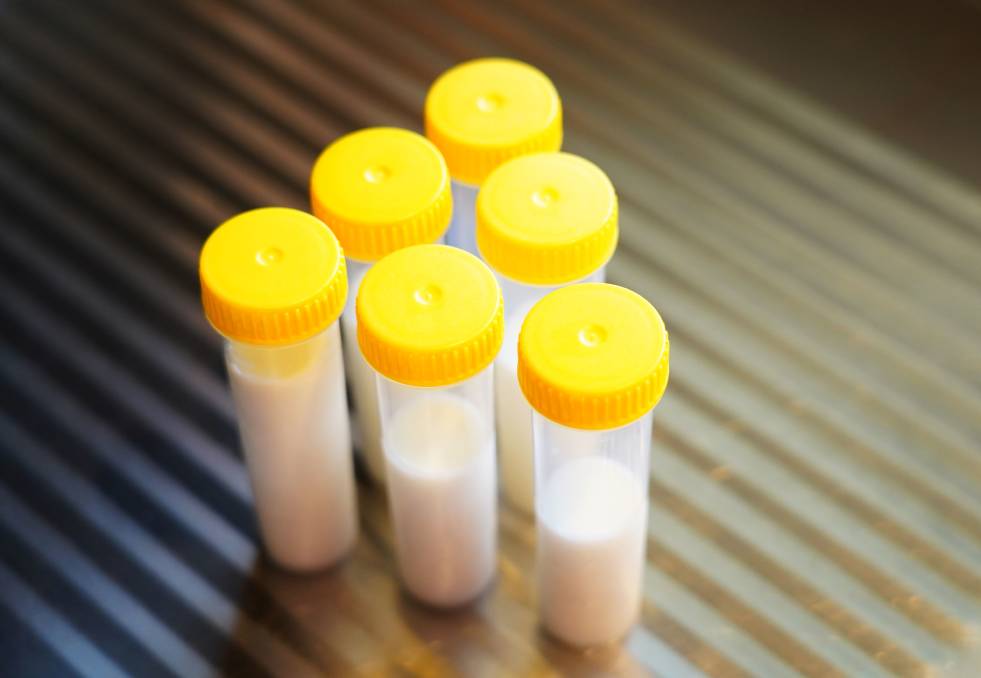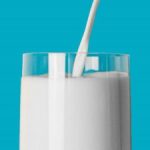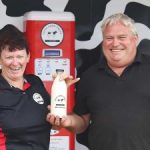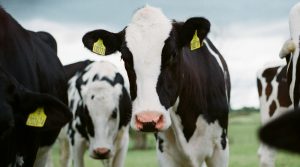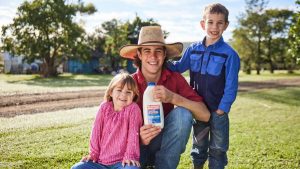
But everything changed after a farmer stood up at a Bega Cheese supplier meeting to ask about unusual milk quality results.
The south-west Victorian dairy farmer realised the problem was most likely not in his own stainless steel.
“Nearly every second person in the room turned around and said, ‘Are you having the same trouble, too?’,” Mr Smith said.
“We’d been told by our field officers that it was just an odd farm here or there.”
Supplier frustration triggered an independent audit of Bega Cheese’s sampling but, normally, nobody likes to talk openly about milk quality failures.
Farmers are afraid of the stigma and scrutiny.
Processors are keen for individual farmers to take responsibility for poor results.
No standard
But there is no standard for the collection of farm milk quality samples for processors to follow.
Dairy Food Safety Victoria (DFSV) audits dairy processors for compliance with the Food Standards Code but the standard is all but silent on the issue.
“A dairy transport business must control its potential food safety hazards by implementing a documented food safety program,” the code states.
It also requires that this program “…must include a support program that ensures that the food contact surfaces of transport vehicles, and equipment and containers used in collecting and transporting of the dairy products are clean and sanitary.”
DFSV general manager compliance, enforcement and technical services Andrew Wilson explained the code was written for the purpose of food safety.
“When we talk about microbiological milk quality, it’s primarily about market access or customer requirements carried through company programs, not just food safety,” Dr Wilson said.
Stressful, costly
Bega Cheese said it had not penalised any farmers with ‘high fliers’ but the impact on farm remained costly and stressful.
Australian Dairy Farmers president Terry Richardson said farmers worked hard to deliver high quality milk.
“When you’re getting samples that show you’re not meeting the benchmarks, there is added expense and, I can tell you, it’s very stressful,” he said.
“When you rip apart a plant and clean it from top to bottom, take all the measures required, employ people to come and inspect, take samples for extra testing and then, something from the tanker onwards is giving those false positives, there’s a lot of stress.”
One farmer had even rearranged his milking plant to no avail after a field officer blamed the placement of the hot water service for poor test results.
And it’s not just Bega Cheese suppliers having trouble.
Farmers supplying three different dairy processors contacted Stock & Land with their concerns.
One Saputo supplier serviced the vat, replaced the chemical dosing unit, put multiple sodium hypochlorite ‘bombs’ through the plant, disassembled and cleaned the plate cooler, replaced all the inflations and some of the claws, had cameras sent through the pipes a few times and tested the water supply but still could not find the cause of a bactoscan result that hovered between 80,000 and 130,000 cells/mL.
Over the space of four weeks, he found that on at least three occasions, the vat had not been washed by the tanker driver.
Tanker suspicion
Tasked with collecting samples and cleaning the vat, tanker drivers can be implicated in unexplained test results.
“We’re taking this very, very seriously and it’s very much an issue of high focus for us,” Bega Cheese executive general manager – ingredients business unit Mark McDonald said.
“What we have seen is incidents of high flyers where, out of the blue, a farmer will get a high TPC result.
“The question is, what caused it?
“We have a spate of these and some in the industry say it’s seasonal, some say it’s driver related, some say it could be the supply chain.
“Potentially where some drivers have done the wrong thing, we’ve actually spoken to logistics providers and they’ve been appropriately managed.
“But, during the audit, all the drivers did the right thing.”
And when it comes to “doing the right thing”, expectations from processors varied, McColls Transport managing director Simon Thornton said.
Some, like Bega Cheese, required the driver to take a milk sample directly from the vat.
Others preferred to use the tanker’s own sampling system, where drips of milk collect in a bottle as it’s pumped into the tanker.
Both systems have their own challenges, explained Dairy Australia manager sustainability including food safety and integrity Helen Dornam.
Dipping a sample out of the vat without enough agitation can skew the fat and protein test result.
The dripper system relies on the cleanliness of the tanker’s sampling system.
And, since one poor reading can have the same tanker sent back to the farm to collect a second sample, it can create a whole cycle of fake failures.
The samples sit in an ice slurry while in the tanker and are then transferred to a refrigerator at the factory.
From there, the samples are packed in coolers for despatch to the lab.
It’s a process that involves a lot of handling and plenty of opportunities for spoilage.
One industry insider, who asked not to have his name published, said poor bactoscan and thermoduric results were often seasonal, as tankers struggled to keep up with collections.
Getting help for farmers
Mr Richardson, United Dairyfarmers of Victoria president Paul Mumford and Dairy Connect chief executive Shaughn Morgan all said they would like to see a consistent approach to milk sampling.
*Name changed at the farmer’s request
